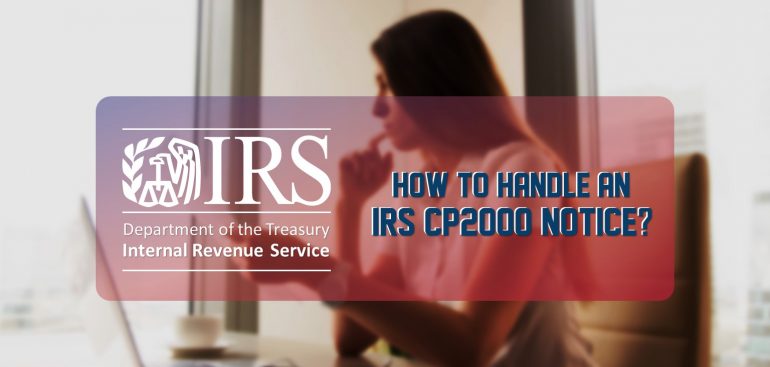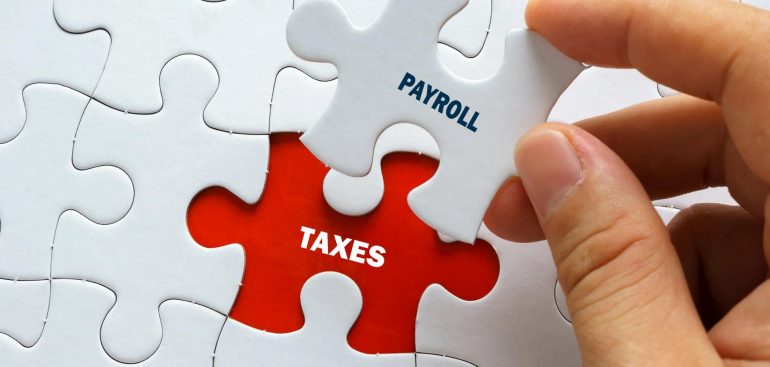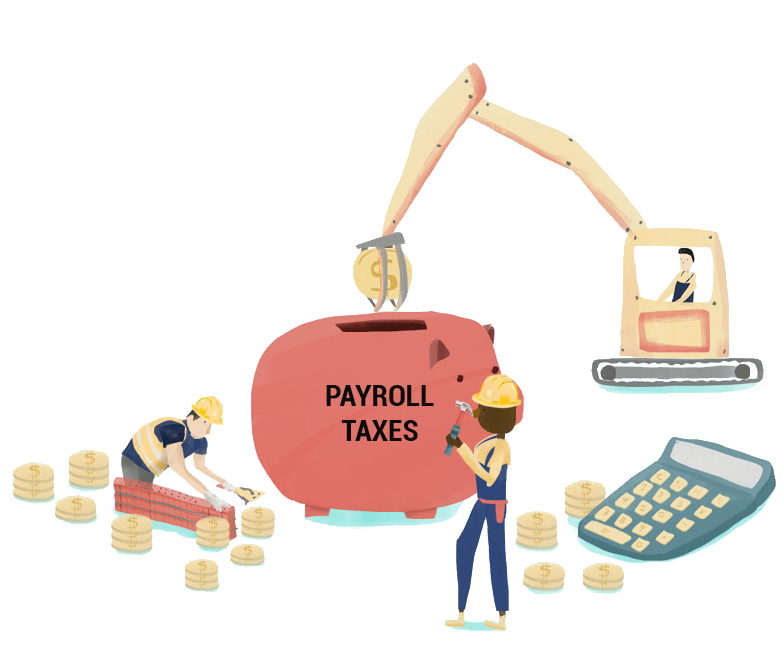The IRS can send many notices to your house that were uncalled for, and they could be confusing and stressful to look at. These notices can go over your head because of the tax forms they are referring to and the unending due dates. Here is a complete guide of what one of these notices mean and how to handle IRS CP2000 notice.
What is a CP2000 Notice?

The IRS will send you a CP2000 notice if the income they have on file does not match the income you reported on your tax return. The IRS checks your tax return income against Forms W-2 and 1099 and will give you a notice if your income does not match. CP2000, or underreporting inquiry, is the name of the notice.
This notice primarily concerns taxes and penalties that you may owe as a result of missing or misleading income on your tax return. The IRS can also challenge deductions and credits on your return if they don’t match the income statements you filed under your Social Security number. It’s also possible that the IRS’s information to match your return is incorrect. Because CP2000 notices are computer-generated, there’s a good chance the notice was simply a robot error. There have been numerous instances where the IRS issued a CP2000 notice to a taxpayer and did not receive any funds due to an error.
How to Handle an IRS CP2000 Notice?
Follow the steps below to obtain the correct solution and avoid making any other mistakes:

- Assess the situation:
Before you take any action, you must first assess your situation and begin confirming your unpaid taxes. You must check to see if the income you stated on your tax return is correct. Gather all the documents and statements you have access to under your Social Security Number first. These documents could include your W-2s, 1099s, and any other documentation you have. Compare these documents and forms to your tax return in detail, paying special attention to any lines where you might have made a mistake.
~ - Contact the Internal Revenue Service (IRS):
You can then send an IRS response based on the conclusions reached during the analysis process.
If you agree with the notice and acknowledge that you made a mistake, you can send the CP2000 response form to the IRS along with your tax payment. If you are unable to pay the whole amount owed, you can request IRS Payment Plans and Agreements. If you disagree or just partially agree with the IRS CP2000 notice, you must send all relevant documents and forms to the IRS to prove that the IRS made a mistake and sent the incorrect notice. You can also mail a corrected return, along with all other forms and papers, with the help of a Miami Tax Accountant. Any penalties you may be facing can also be addressed in your response. If the IRS rejects your response, you have the right to appeal.
~ - Closing the Case:
Call the IRS to confirm that the case is closed after a few weeks of your response. To be sure, go over all your prior year’s statements and returns to be sure you haven’t made any other mistakes.
How to Get Expert Help?
Find a Miami tax accountant who can assist you in determining the cause of your CP2000 notice and communicating with the IRS on your behalf so that you don’t have to. For any of your IRS issues, seek assistance from a reputable tax accountant in Miami.
SDG Accountant is the best option for all your tax and accounting needs in Miami. We are a cross-border accounting and tax firm that offers a wide range of services. We are the best solution for everything from bookkeeping to expatriate tax!







